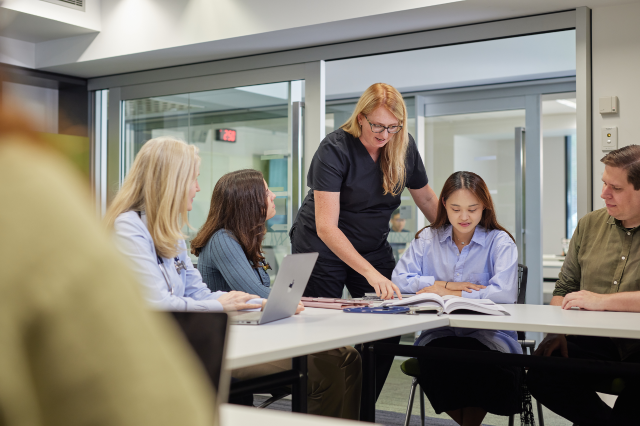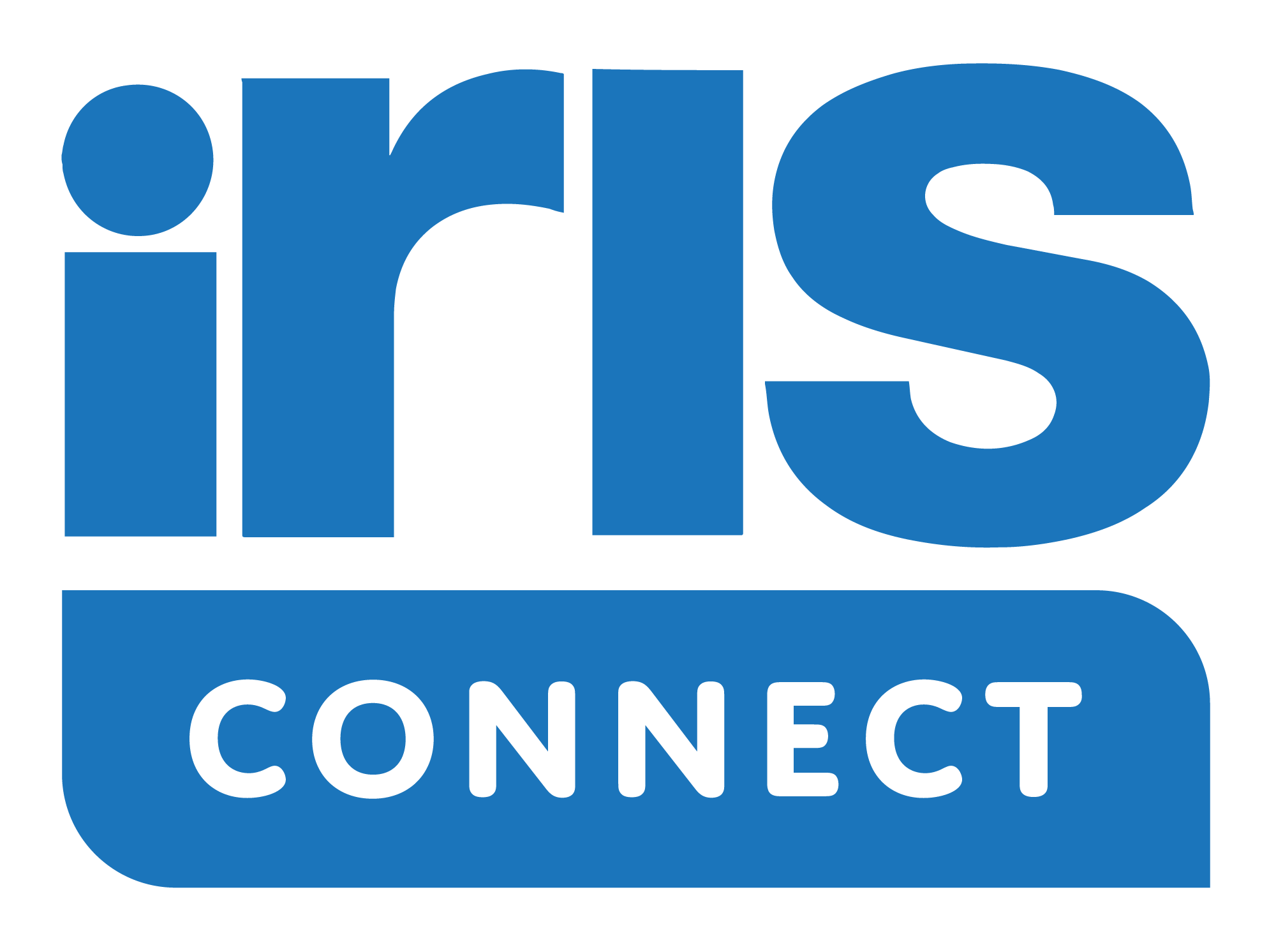In today’s rapidly evolving educational and professional landscapes, feedback literacy—the ability to understand, interpret, and effectively use feedback—has emerged as a critical skill for students, particularly those entering the caring professions like medicine, dentistry, education, and rehabilitation sciences. In our recent study we explored how an interactive digital platform which foregrounds peer feedback could enhance students’ feedback literacy, confidence, and employability.
Why Feedback Literacy Matters
Feedback literacy is more than just receiving comments on one’s work; it involves appreciating feedback, making informed judgments about it, managing emotional responses, and taking actionable steps to improve. For students in the caring professions, research suggests these skills are essential and integral to their development as professionals. Whether it’s a teacher refining their classroom techniques or a medical student practicing patient interactions, the ability to give, receive, and act on feedback can significantly impact professional growth and patient or student outcomes.
The Study: Digitally Mediated Peer Feedback in Action
The study involved 40 students across four disciplines—education, medicine, dentistry, and rehabilitation sciences. Participants recorded videos of themselves performing discipline-specific skills (e.g., teaching a lesson, conducting a patient examination) and shared these videos with peers via the IRIS Connect platform. Peers then provided asynchronous feedback on these videos, creating a collaborative and reflective learning environment. The platform’s collaborative features—such as peer commentary and iterative review cycles—helped students develop key dimensions of feedback literacy: appreciating feedback, making judgments, managing emotions, and taking action.
Key Findings
- Enhanced Critical Reflection – Students reported that reviewing their own videos allowed for deeper self-reflection. As one physiotherapy student noted, “It gives me a reflection of things I did well and what I can improve… I can see the before and after.”
- Increased Confidence and Self-Efficacy – Many participants felt more confident in their skills after receiving constructive peer feedback. A dentistry student shared, “I feel like towards the end, I’ve paid more attention to details and improved.”
- Improved Feedback Skills – The process of giving feedback to peers helped students develop their own evaluative judgment. A pre-service teacher reflected, “Providing feedback made me more observant and aware of my own practice.”
- Comfort with Peer Feedback – Students appreciated the low-stakes nature of peer feedback compared to expert evaluations. One participant remarked, “Peer feedback is less stressful than feedback from a clinician.”
- Time and Workload Challenges – While the benefits were clear, some students noted the additional workload. Embedding such programs into existing courses could mitigate this issue.
Participant Reflections
‘the fact that I can just look back at my video from time to time and just understand, like, “Oh, I could have improved here and there”, so I think it’s, like, the reflection aspect of this whole project that really, like, is the main benefit for me.’ (Conor, pre-service teacher)
‘one of the potential benefits of this is that it gives me less anxiety where I know how other people are doing, not just comparing myself to the professional standard but comparing myself to other students. Like, I see that we’re kind of similar, so that I’m not as anxious about my performance.’ (Owen, medical student)
‘I think it kind of opens up your eyes so then you know that there are people available and that they can give you feedback if you ask for it.’ (May, dentistry student)
‘I actually picked up a few [strategies], like, from my other, other group mates. Like, I feel like their communication and their handling of the technique is a lot better than mine, and that’s what I can pick up from them and learn from them.’ (Georgia, physiotherapy student)
The Role of Technology
The IRIS Connect platform played a pivotal role by enabling asynchronous, video-based feedback. Features like timestamped comments allowed students to pinpoint specific moments in their recordings, making feedback more actionable. As one student put it, “Having a written record of feedback helps me track my progress over time.” Overall, participants reported increased confidence, sharper observational skills, and a stronger sense of ownership over their learning—essential for careers in the caring professions, where soft skills like communication and empathy are paramount. Therefore, the study underscores how digital tools like IRIS Connect can bridge theory and practice, making feedback more actionable, personalized, and integral to professional growth.

Recommendations for Higher Education Practitioners
Our study offers several recommendations for integrating digital peer feedback into higher education:
- Provide structured training on giving and receiving constructive feedback.
- Embed synchronous and asynchronous feedback into courses to so students are embedded in feedback literacy routines.
- Use digital platforms such as IRIS Connect to foster collaborative learning communities to build trust and accountability among peers.
- Reflect on the versatility of digital tools to create flexible, accessible feedback opportunities for all students depending on where they are starting.
Final Thoughts
Feedback literacy is a cornerstone of professional development, especially in fields where interpersonal skills are paramount. Digital peer feedback not only enhances students’ technical abilities but also builds the soft skills—like communication and empathy—that are vital for success in the caring professions. As educators and institutions continue to innovate, platforms like IRIS Connect demonstrate how technology can bridge the gap between academic learning and real-world practice, preparing students to thrive in their future careers.
Project contributors
- Garth Stahl (School of Education)
- Glenys Oberg (School of Education)
- Kirsten Fairbairn (School of Education)
- Kate McLay (School of Education)
- Stephanie MacMahon (School of Education)
- Kelly Matthews (ITaLI)
- Christy Noble (Medical School)
- Martin Sale (School of Health and Rehabilitation Sciences)
- Allison Mandrusiak (School of Health and Rehabilitation Sciences)
- Wendy Findlay (Medical School)
- Sobia Zafar (School of Dentistry)

